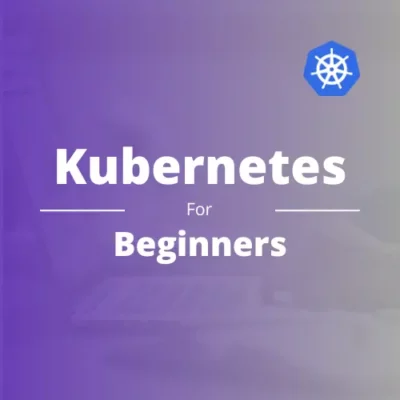"Git for Beginners" is a comprehensive and accessible course that empowers individuals to harness the power of Git, a widely adopted version control system in the software development world. From the very basics to more advanced concepts, the course caters to learners with little to no prior experience in version control, making it suitable for absolute beginners.
Overview
Overview
- Understand the concept of version control and why it’s essential for collaborative software development.
- Learn how version control systems track changes and manage different versions of your project.
- Install Git on your computer and configure basic settings like your name and email.
- Initialize a new Git repository for your project.
- Master essential Git commands such as init, clone, add, commit, status, and log.
- Grasp the Git workflow, including how changes move from your working directory to the repository.
- Explore the concept of branches in Git and how they allow you to work on different features or fixes simultaneously.
- Learn how to create, switch between, and delete branches.
- Understand the process of merging changes from one branch to another.
- Discover how Git facilitates collaboration among team members by enabling them to work on the same project simultaneously.
- Learn about remote repositories, and how to clone, pull, and push changes to and from them.
- Understand what merge conflicts are and how to resolve them when they occur.
- Practice conflict resolution techniques to ensure smooth collaboration.
- Learn about best practices for committing code, writing descriptive commit messages, and maintaining a clean commit history.
- Explore strategies for keeping your repository organized and your history easy to understand.
Course Features
- Lectures 17
- Quiz 0
- Duration Lifetime access
- Skill level All levels
- Language English
- Students 69
- Certificate Yes
- Assessments Yes
Curriculum
Curriculum
- 5 Sections
- 17 Lessons
- Lifetime
Expand all sectionsCollapse all sections
- Introduction to Version Control Systems and Git4
- Git Basics4
- Working with Branches4
- Collaborating with Git2
- Advanced Git Concepts3
Requirements
- Basic Computer knowledge
Target audiences
- The Git course is suitable for software developers, web developers, data scientists, system administrators, project managers, students, freelancers, and open-source contributors.






